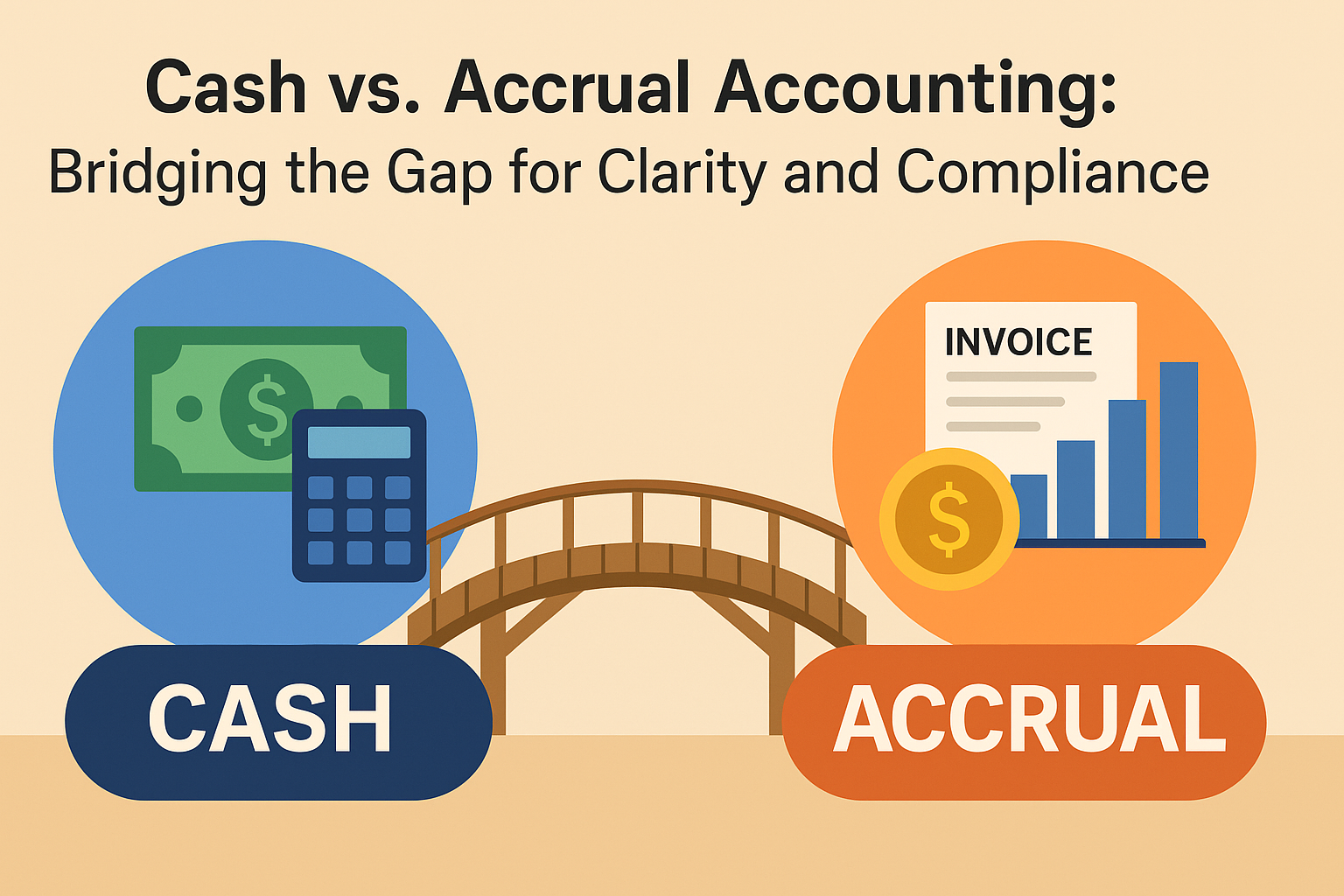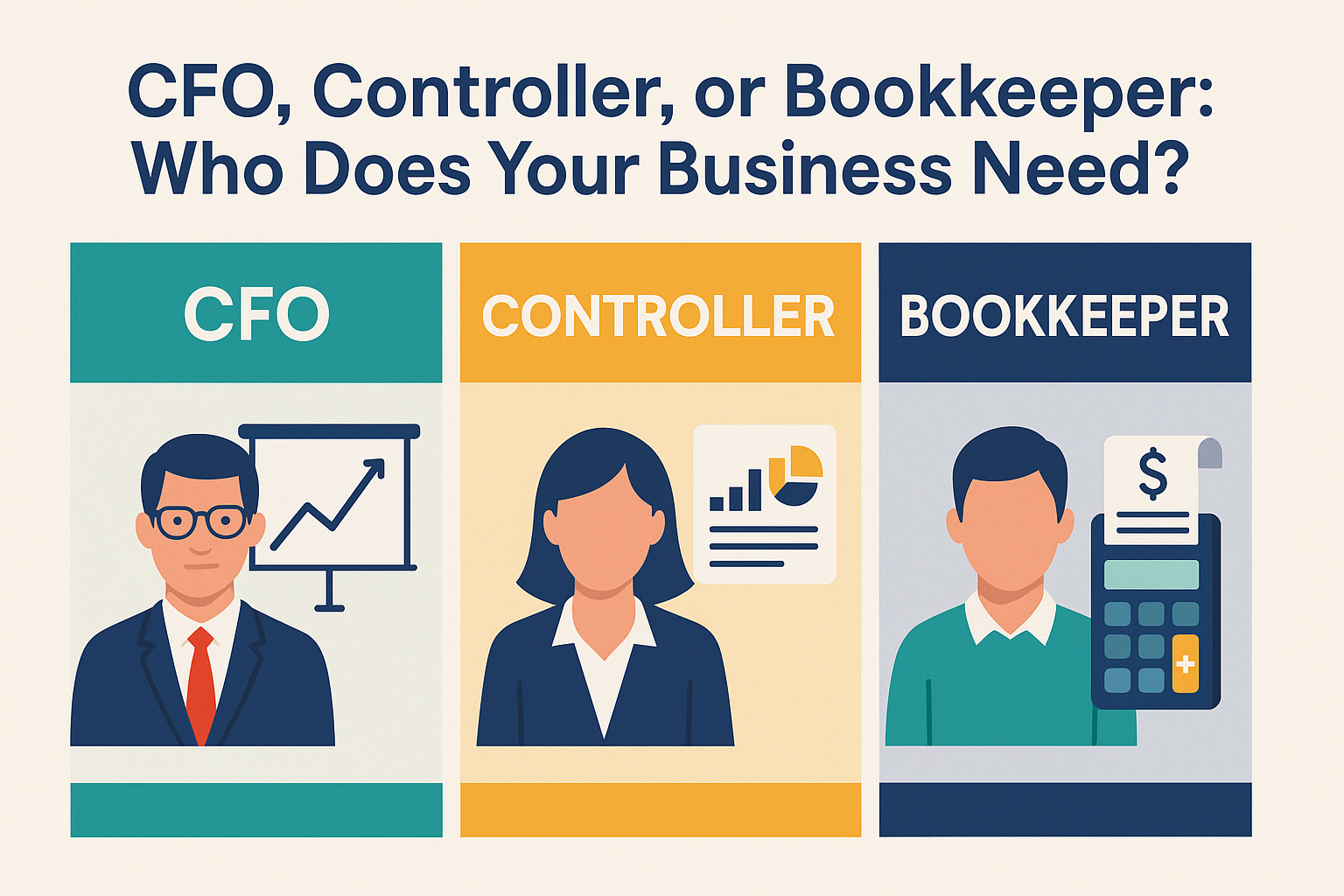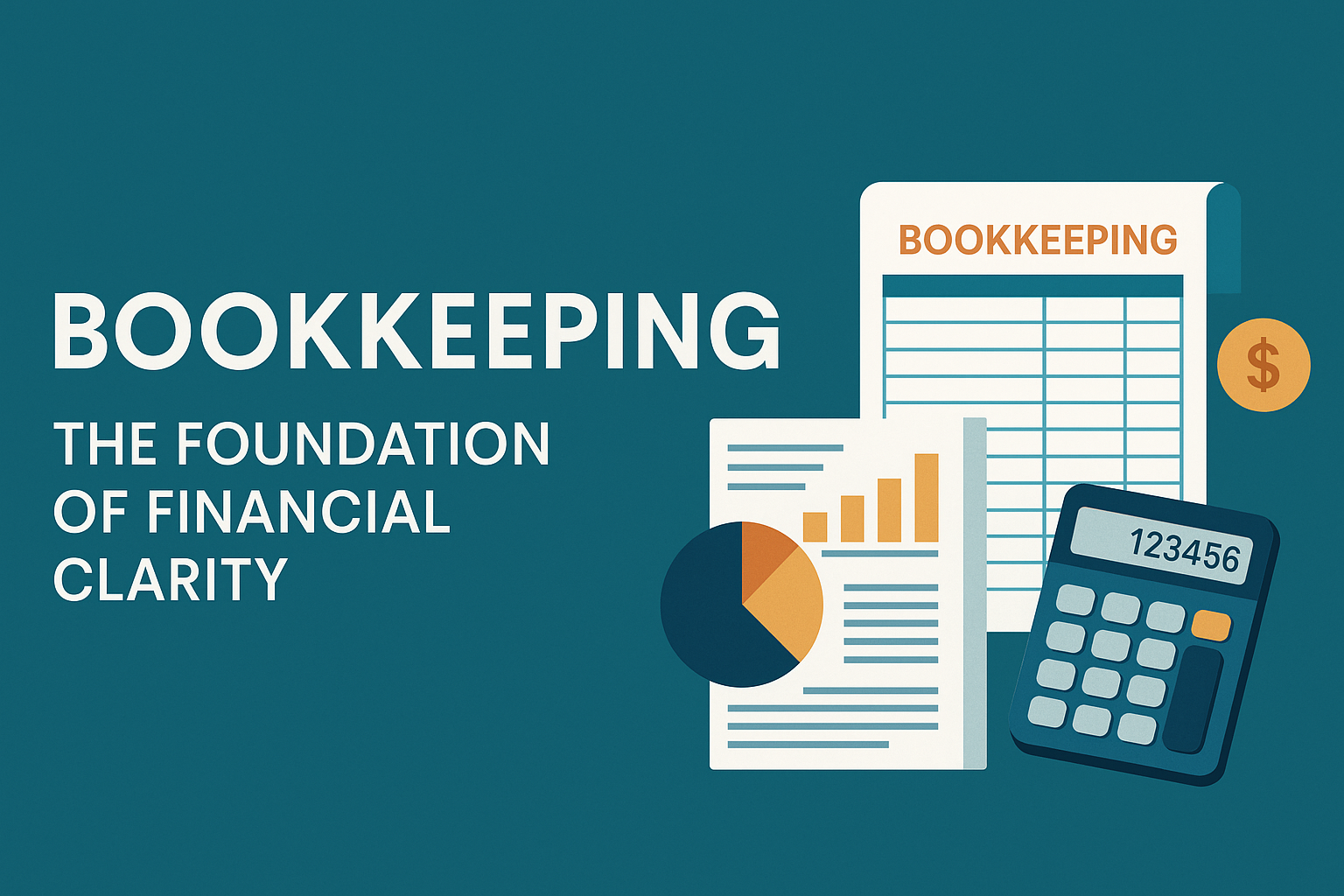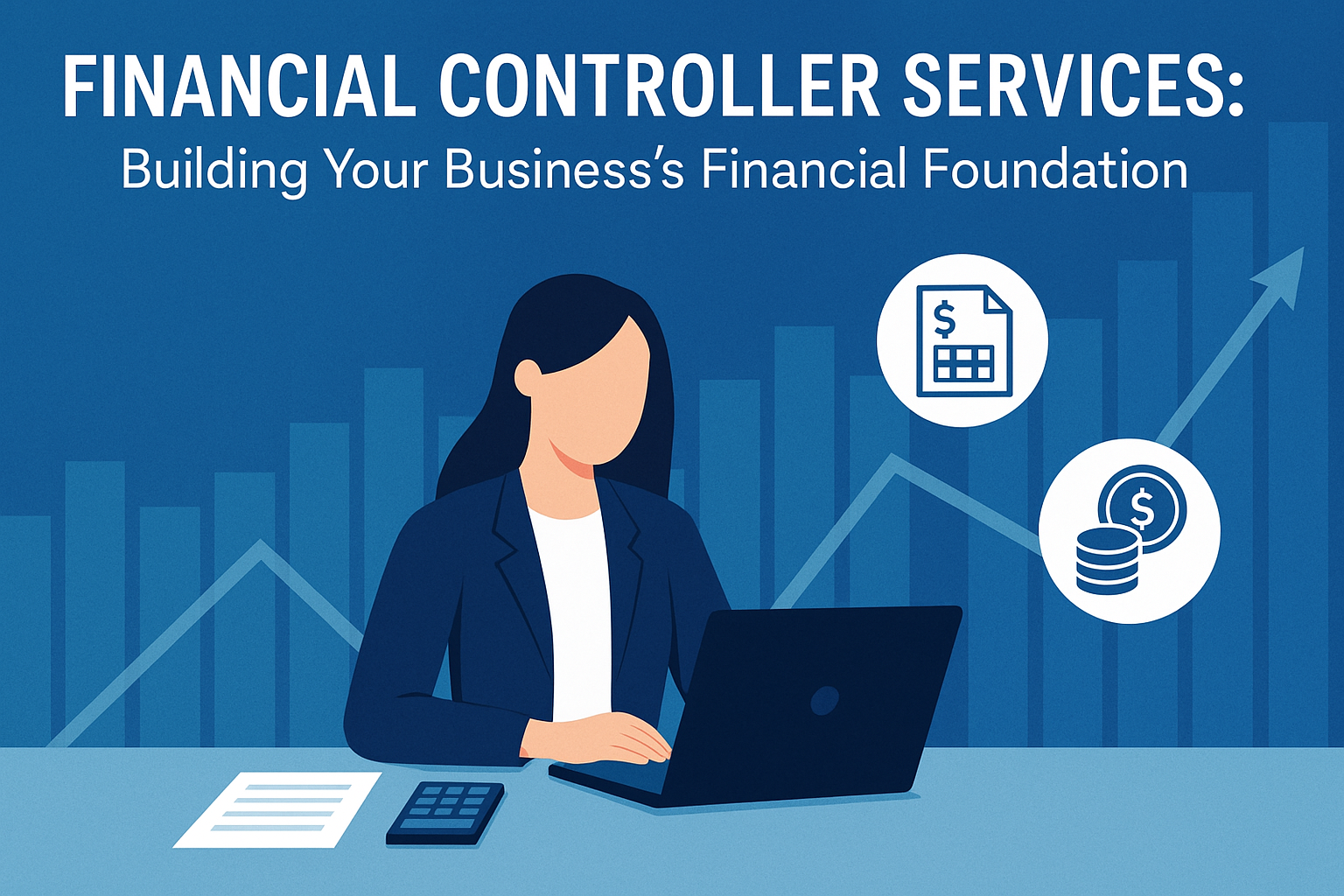Running a business is hard—and financial challenges are often at the heart of it. Whether you’re a startup founder or a seasoned operator, chances are you’ve encountered one (or more) of these five pain points:
One of the earliest—and often most confusing—decisions a business owner must make is choosing between cash and accrual accounting. Though it may seem like a technicality, the choice can shape how you understand your business’s financial health and manage taxes.
For many business owners, the world of finance roles can be puzzling. Do you just need a bookkeeper to manage your books? At what point do you need a controller? And what exactly would a CFO do that’s different?
At the heart of every successful business is one fundamental truth: you can’t manage what you don’t measure. This is where bookkeeping comes in.
Where a CFO provides high-level strategy, a Financial Controller ensures the financial trains run on time, every day. Often called the backbone of a company’s finance department, controllers are responsible for accurate accounting, timely financial reporting, and efficient processes.
Every business reaches a point where basic bookkeeping and accounting are no longer enough for sustained success. Enter the Chief Financial Officer (CFO) – a seasoned financial strategist who goes beyond number-crunching to steer the company’s financial future.







